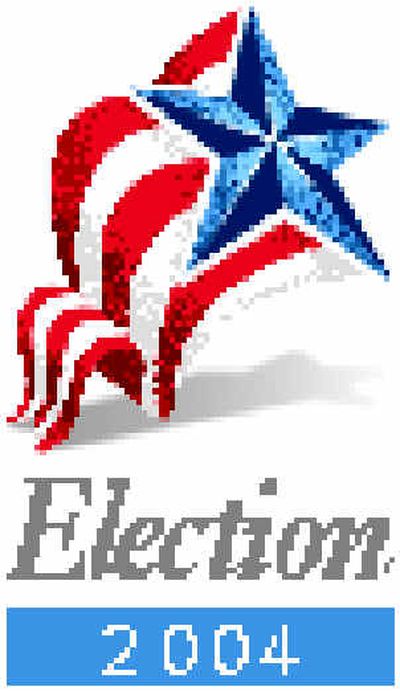State may avoid ballot woes

WASHINGTON – Voting problems and ballot disputes that may plague some states on Election Day aren’t expected to affect Washington or Idaho, a study released last week predicts.
Both states should escape controversies surrounding provisional ballots, electronic voting machines and other issues, although both states still will have some voters using the system that created the most controversy in 2000, the punch-card ballot.
Electionline.org, a nonpartisan clearinghouse for election-reform information created after the 2000 election, found that measures taken by states and the federal government during the last four years to fix voting problems have addressed some of the problems while creating others.
“The picture around the country is definitely mixed,” said Doug Chapin, the organization’s director.
The Help America Vote Act of 2002 tried to distribute election funding to states that replace punch-card voting machines.
It also required states to provide provisional ballots for people whose vote is in question at the polls and to build statewide databases of registered voters to reduce confusion over voter rolls.
But Idaho refused federal money and will use the same voting systems, including punch cards, as it has in the past.
Washington received federal funds but still has 14 counties that plan to use punch cards on Nov. 2. Washington also has not created a voter database, but only 15 states have, the study found.
Last week, Spokane County election workers were busy filing the more than 1,200 new voter registrations they had received just before Monday’s deadline and also were testing optical-scan balloting equipment that replaced punch cards in 2001.
“It’s a really reliable system,” said county Auditor Vicky Dalton.
The county will receive about $1.5 million from the federal government and other sources to make voting more accessible to disabled voters in future elections. One option will be controversial touch-screen voting machines like those used in Snohomish, Whitman and Yakima counties. But Washington legislators have required those machines to leave some sort of paper trail by 2006.
As for next week’s election, Dalton said questions surrounding provisional balloting and technical concerns in other parts of the country should not be a problem here. The most exceptional thing in Spokane, she said, likely will be the sheer number of voters.
“We’re going to have a staggering turnout,” Dalton said.